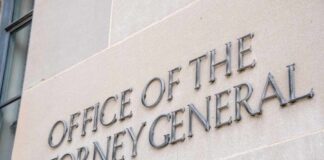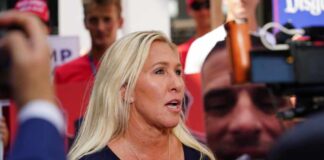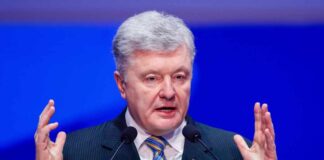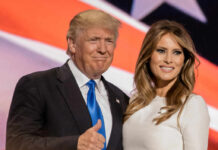
On Tuesday, the U.S. Circuit Court of Appeals for the D.C. Circuit upheld a previous decision rejecting President Donald Trump’s request for a full court review of the gag order imposed in his 2020 election interference case. This decision, issued without detailed opinions or further explanation, propels Trump’s legal battle toward the Supreme Court.
The gag order, initially imposed by U.S. District Judge Tanya Chutkan, has been a point of contention seen by some as a measure to ensure the integrity of the judicial process. In contrast, others view it as a restriction on free speech. The order limits Trump’s ability to make public statements about certain aspects of the case, explicitly targeting his comments on counsel, court staff and their family members, purporting to prevent “interference” in the criminal proceedings.
Critics argue that the gag order infringes on Trump’s First Amendment rights. The 45th president’s legal team has been vocal in their disagreement with the order, emphasizing the need for a reevaluation by the full court. They argue that the decision contradicts Supreme Court precedent and other appeals courts’ rulings, highlighting the case’s exceptional importance.
Appeals Court Denies Trump's Request To Rehear Gag Order Appeal In 2020 Election Casehttps://t.co/1QzETXtS8B
— Daily Caller (@DailyCaller) January 23, 2024
Despite the restrictions, the court has allowed Trump some leeway. The three-judge panel that upheld the gag order permitted him to criticize special counsel Jack Smith, a frequent target in Trump’s public remarks since his appointment by the Justice Department in November 2022. However, the panel maintained restrictions on direct attacks against known or foreseeable witnesses in the case.
This case is multilayered, with Trump also appealing a decision by Judge Chutkan, who rejected his claim of presidential immunity. The judge’s decision not to dismiss the case based on this immunity claim further complicates the legal landscape, leaving Trump’s team navigating multiple legal challenges simultaneously.
At the heart of this case is Trump’s involvement in the 2020 election, where he stands accused by the politicized Biden administration’s Department of Justice of orchestrating a “criminal scheme” to overturn the election results. This includes allegations of enlisting “fake electors,” using the Justice Department for “sham election crime investigations,” and promoting false claims of a stolen election.
President Trump has consistently denied all wrongdoing, dismissing the charges as a brazenly politically motivated attempt to directly interfere with this year’s presidential election.


















